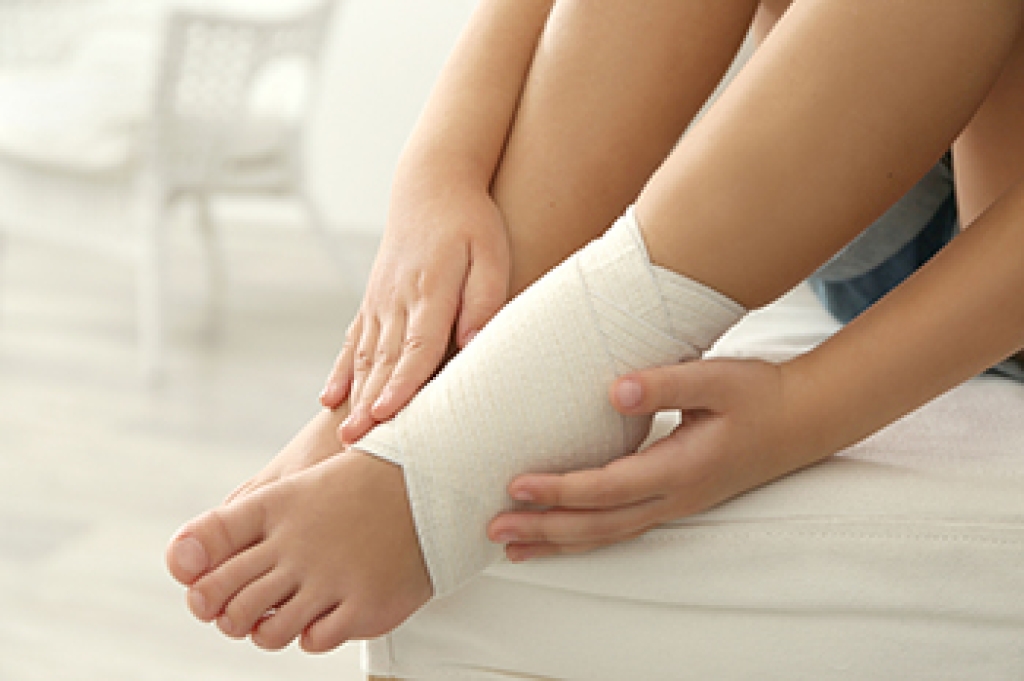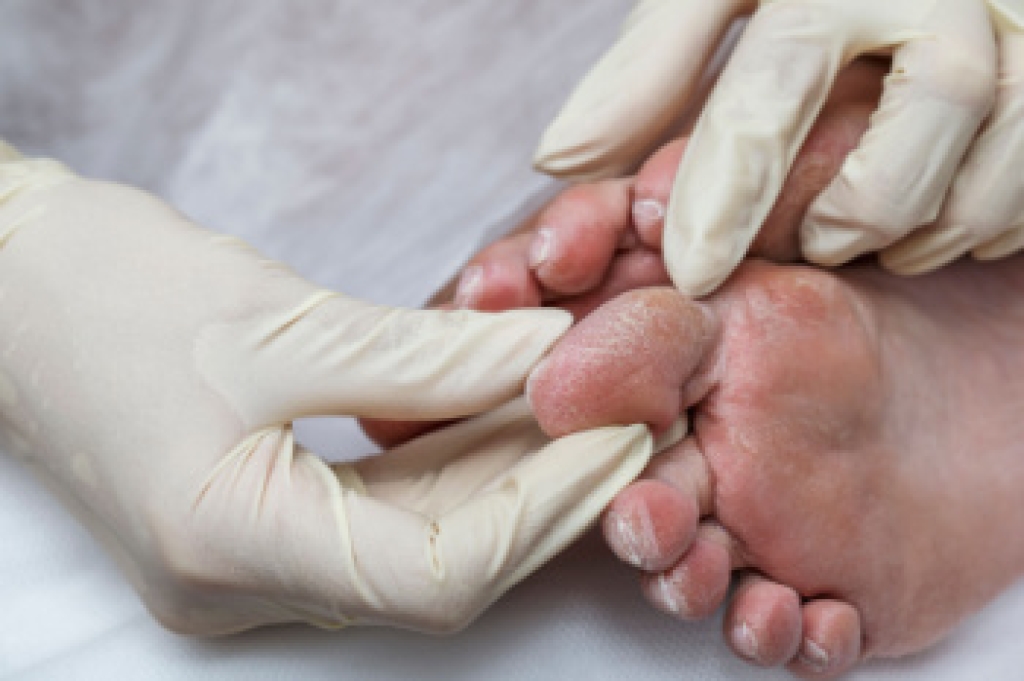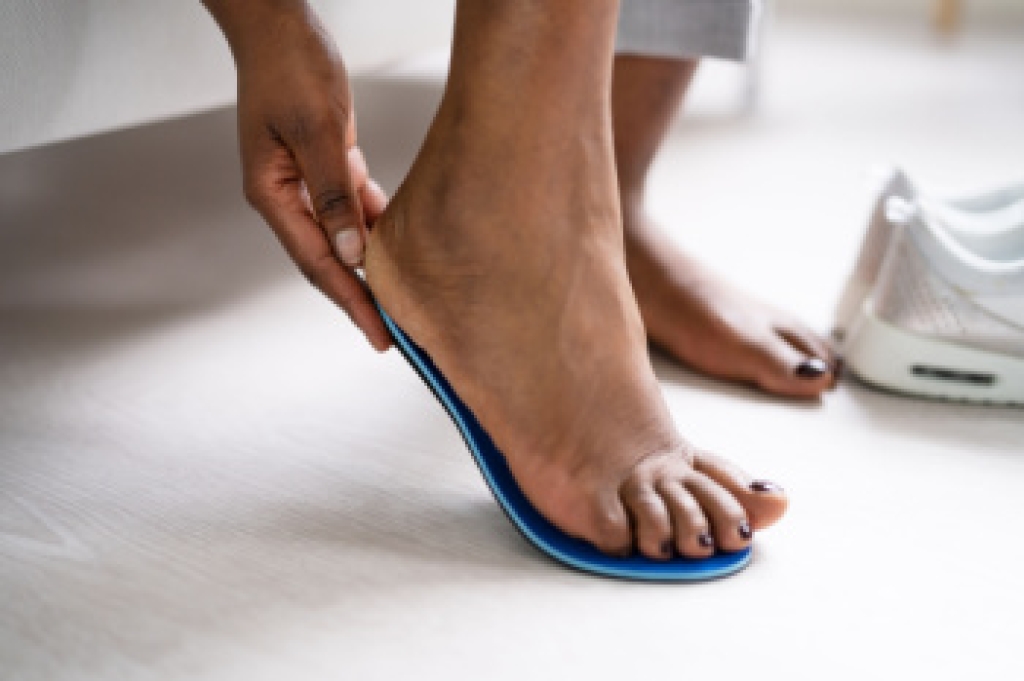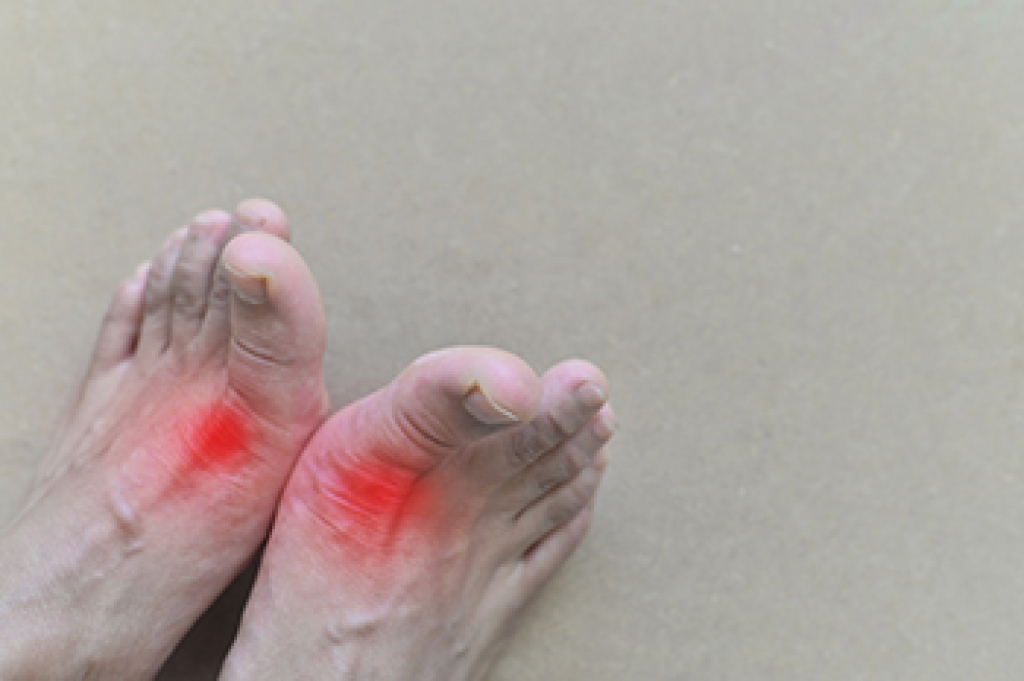
An ankle sprain occurs when the ligaments that support the ankle are stretched or torn, often after a sudden twist, roll, or awkward landing. This injury is common in athletes but can happen to anyone walking on uneven ground or wearing unstable footwear. The ankle may swell quickly and appear bruised or puffy around the joint. Pain can range from mild soreness to sharp discomfort that makes it difficult to bear weight. Symptoms include instability, weakness, or a sense that the ankle could give way. Without proper care, repeated sprains can lead to chronic weakness and long-term joint problems. A podiatrist begins with a detailed examination and may use imaging to assess the extent of ligament damage. Treatment includes bracing, compression, anti-inflammatory care, and targeted exercises to restore strength and balance. If you have an ankle sprain, it is suggested that you make an appointment with a podiatrist.
Ankle sprains are common but need immediate attention. If you need your feet checked, contact Dr. George Yarnell from Pennsylvania. Our doctor can provide the care you need to keep you pain-free and on your feet.
How Does an Ankle Sprain Occur?
Ankle sprains take place when the ligaments in your ankle are torn or stretched beyond their limits. There are multiple ways that the ankle can become injured, including twisting or rolling over onto your ankle, putting undue stress on it, or causing trauma to the ankle itself.
What Are the Symptoms?
- Mild to moderate bruising
- Limited mobility
- Swelling
- Discoloration of the skin (depending on severity)
Preventing a Sprain
- Wearing appropriate shoes for the occasion
- Stretching before exercises and sports
- Knowing your limits
Treatment of a Sprain
Treatment of a sprain depends on the severity. Many times, people are told to rest and remain off their feet completely, while others are given an air cast. If the sprain is very severe, surgery may be required.
If you have suffered an ankle sprain previously, you may want to consider additional support such as a brace and regular exercises to strengthen the ankle.
If you have any questions please feel free to contact our office located in Lansdowne, PA . We offer the newest diagnostic tools and technology to treat your foot and ankle needs.








